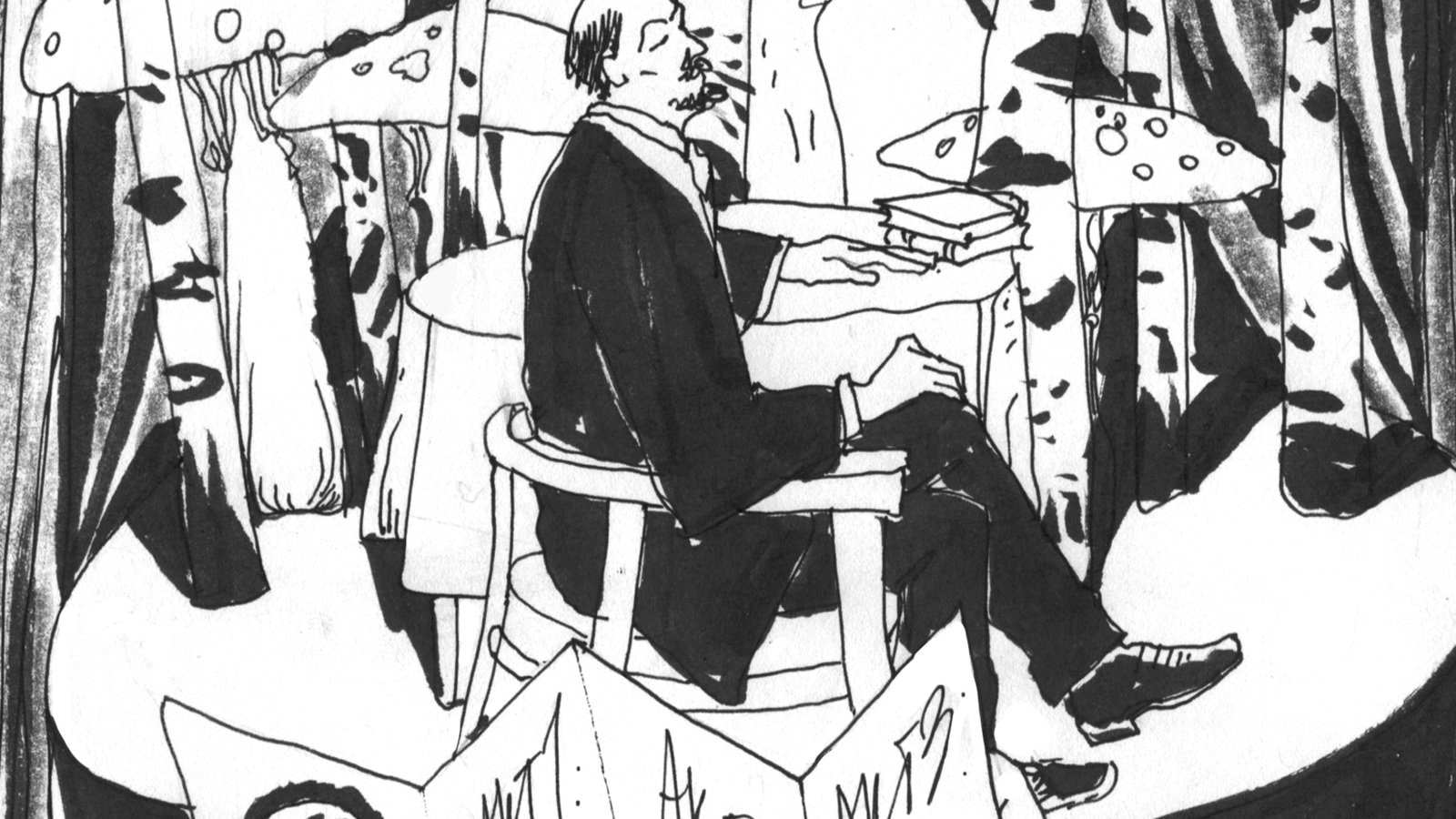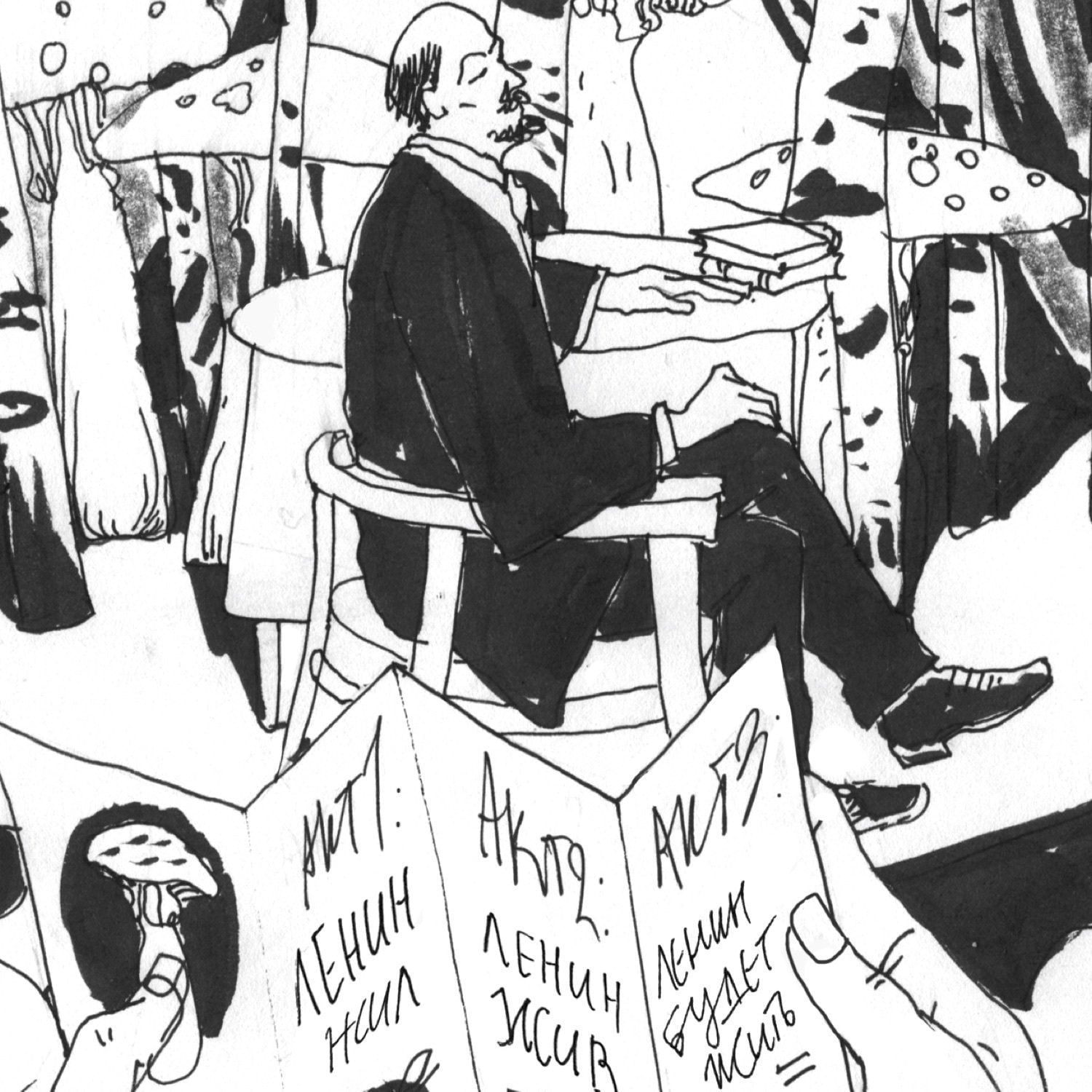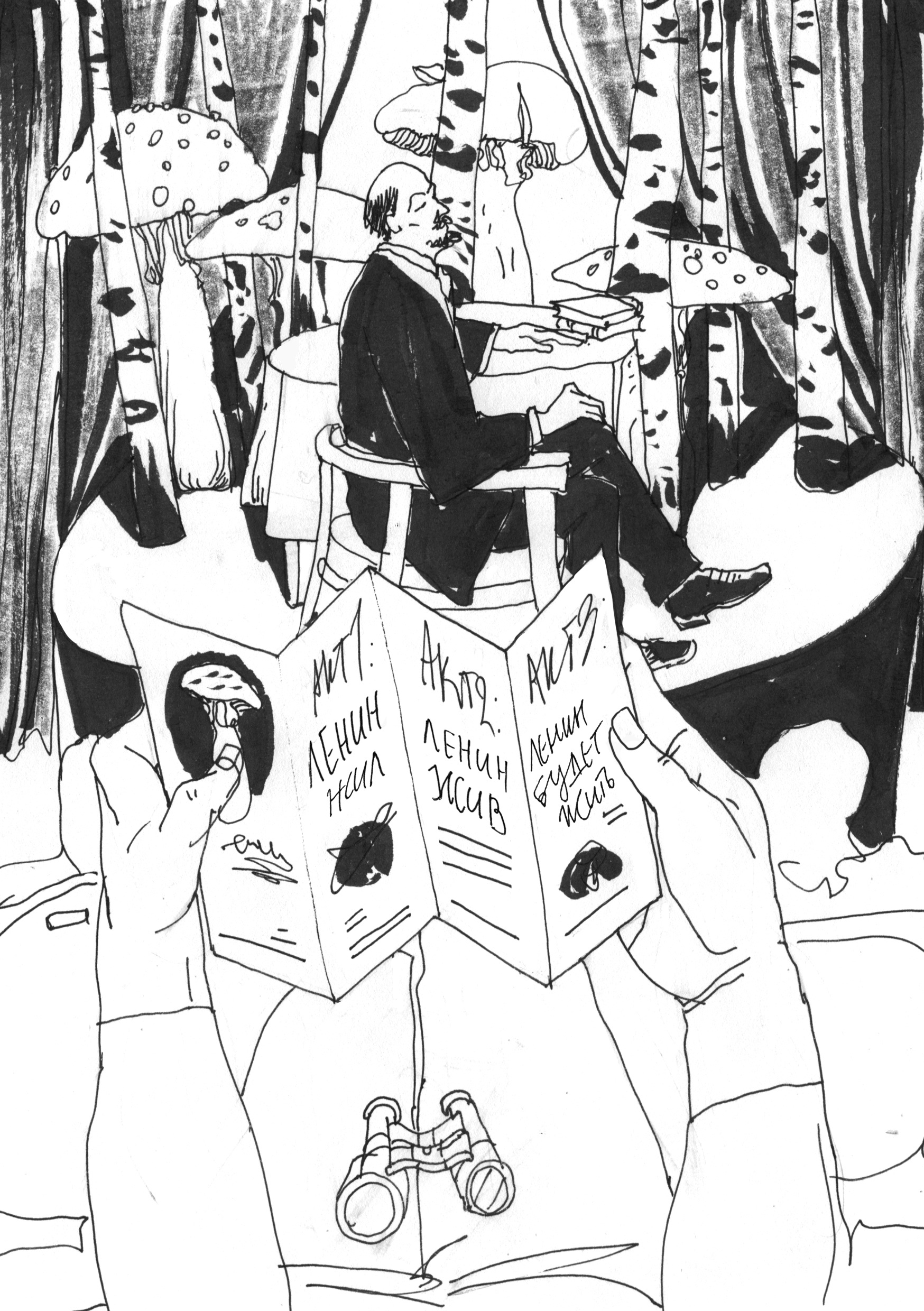The discussion will look into the place that history and memory hold in (the Russian) theater, the specificity of working with the past in documentary theater, and how playwrights and directors work with historical documents.
In the 2010s, plays based on historical documents and witnesses’ recollections became very popular in big Russian theaters. Participants will discuss the past stages in the development of the past- and memory-focused theater and its possible futures.
How did the language of theater for discussing the past develop? When did documentary choreography and documentary opera emerge? How do they relate to post-documentary theater? And, last but not least, when is searching for new means of expression necessary today, in the 2020s, and when is it better to use what already exists?
Which themes and events have been in the focus of plays based on documents and recollections? Can we say that the category of “the post-Soviet” central for the theater of the 2010s has been replaced with the rethinking of particular periods in the history of the USSR, such as the Era of Stagnation or the early Soviet period of institutional construction? Why does the theater of the past focus on particular spaces as well as periods, whether those are the republics of Russia, neighboring states, or the base cities during WWII? And finally, which historical events have yet to be addressed by the Russian theater?


